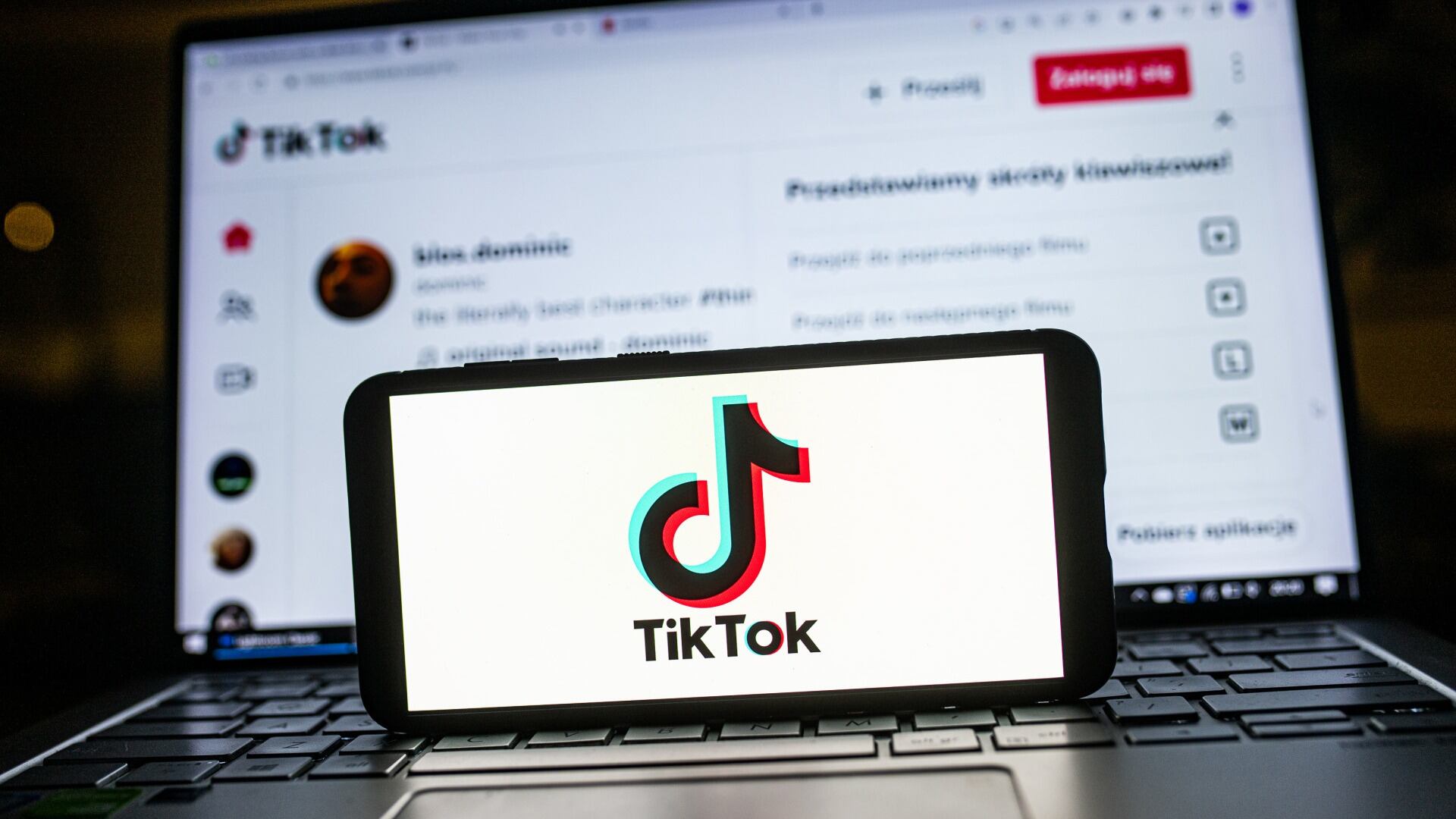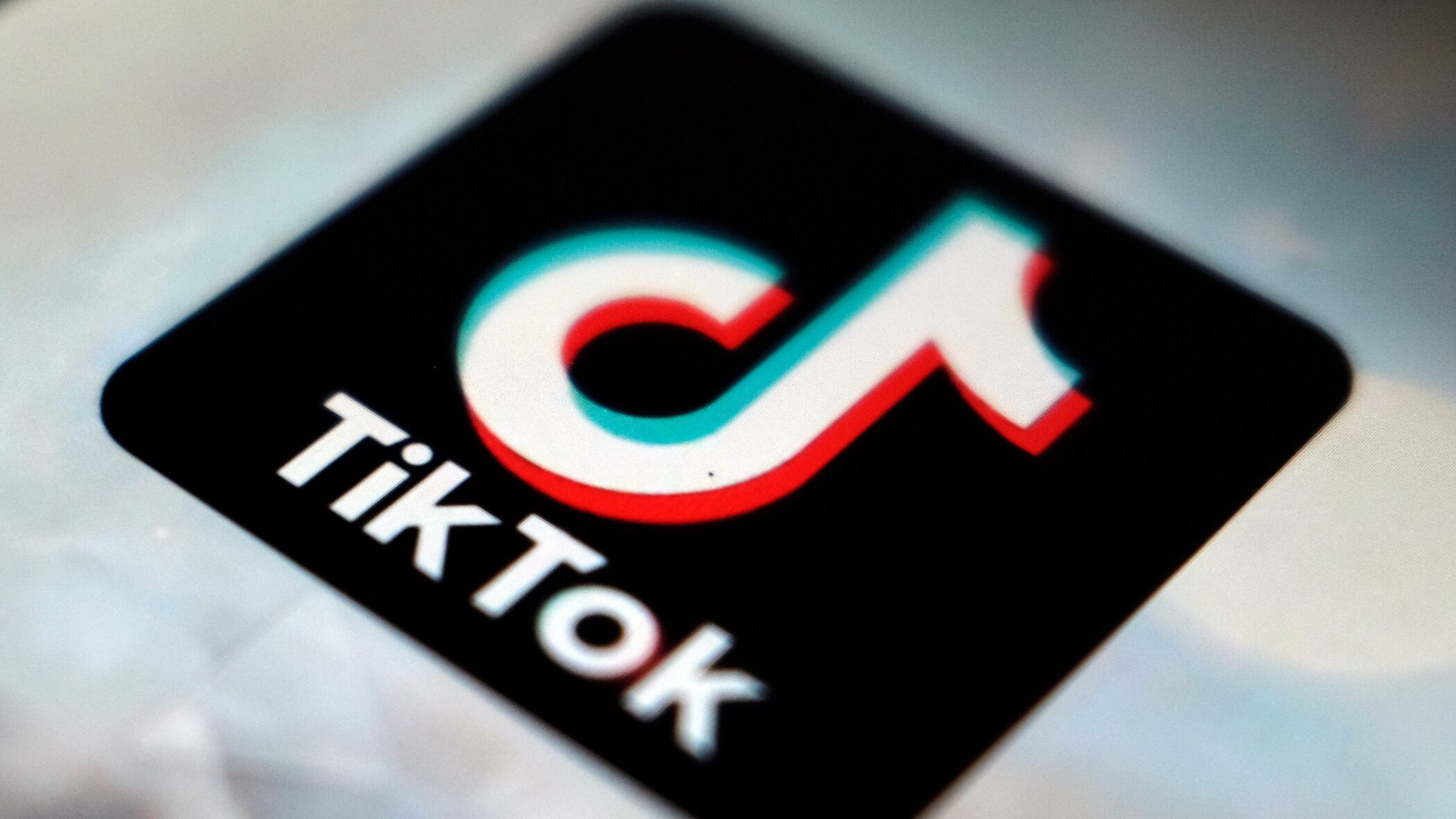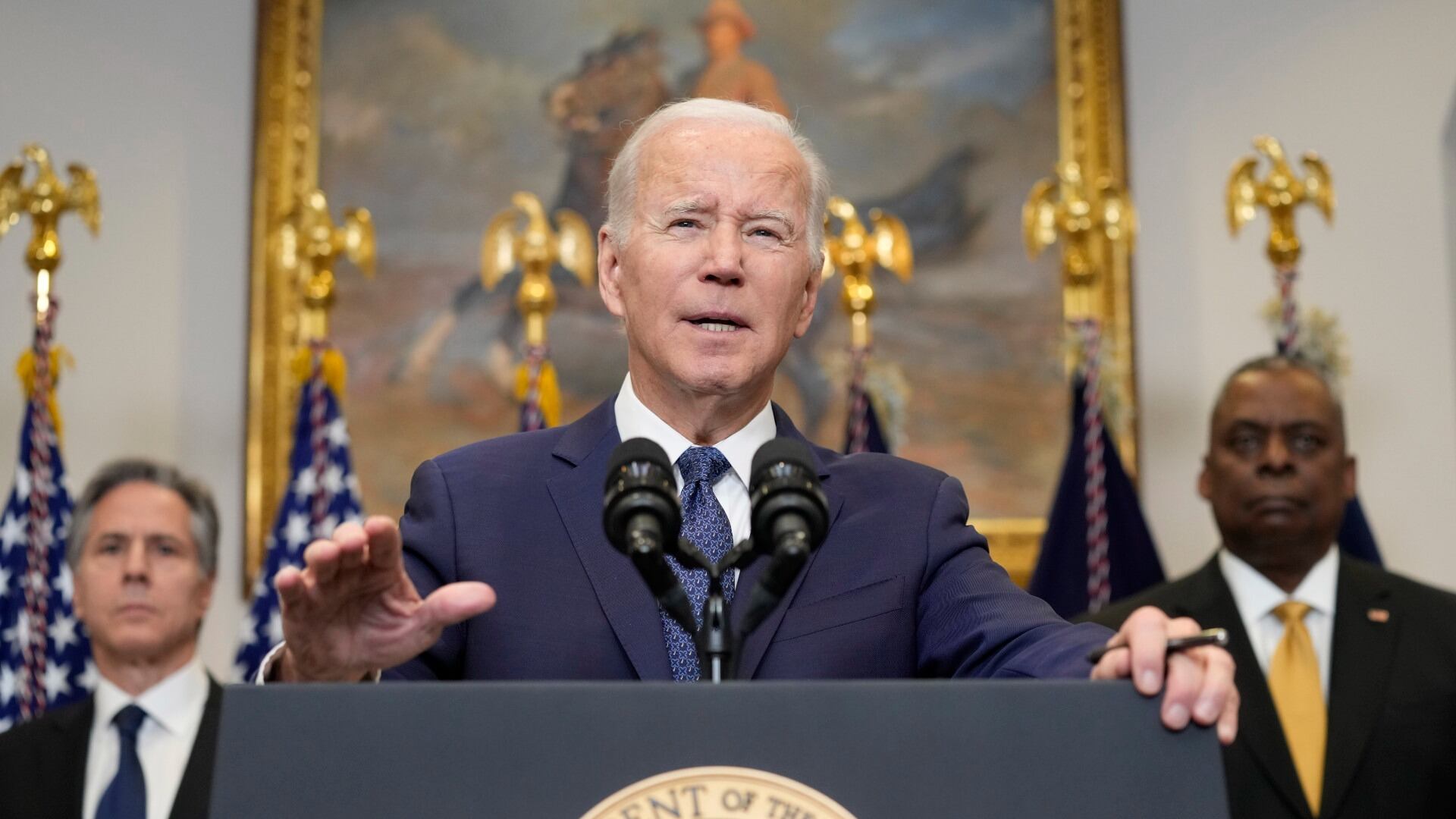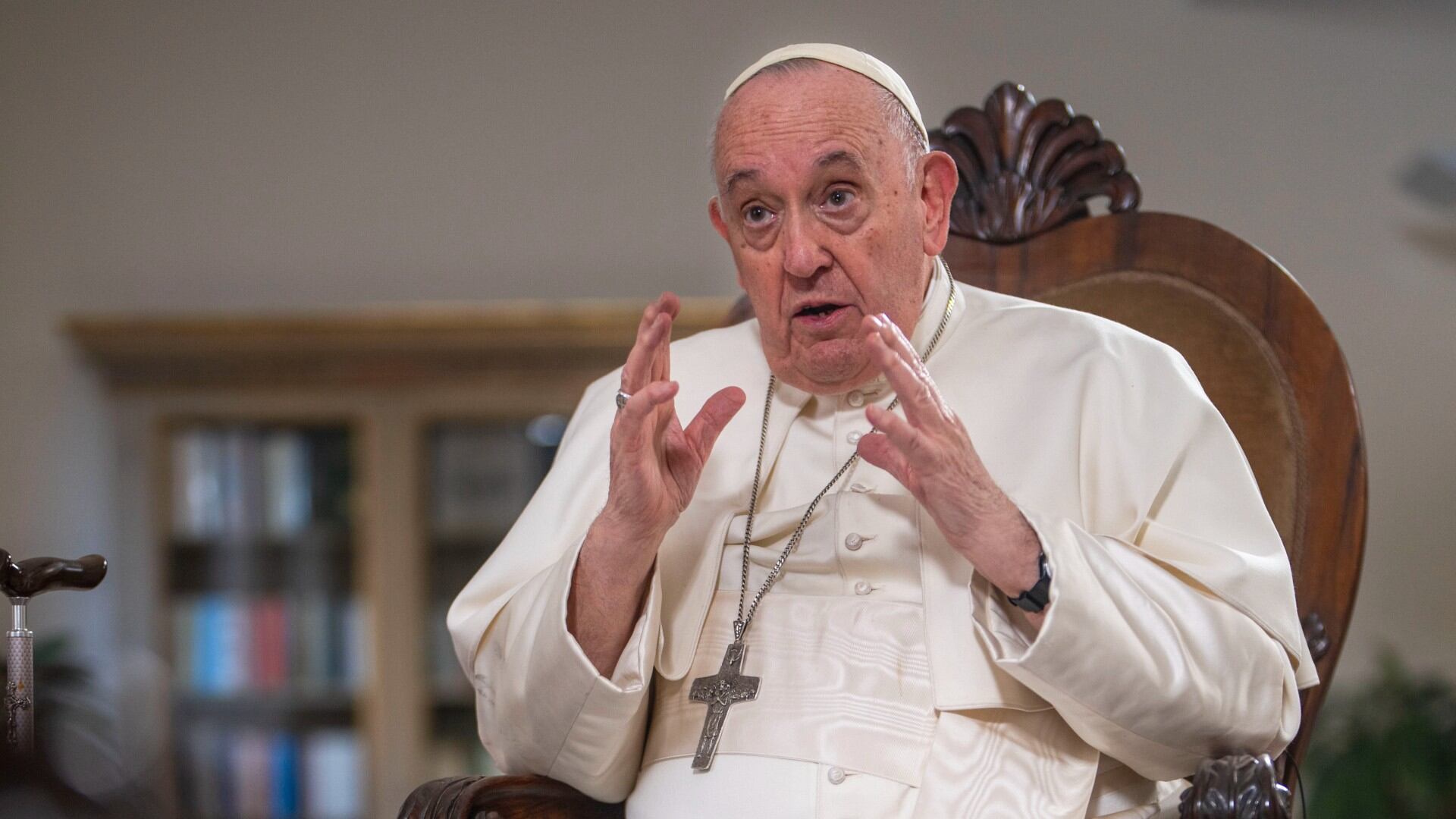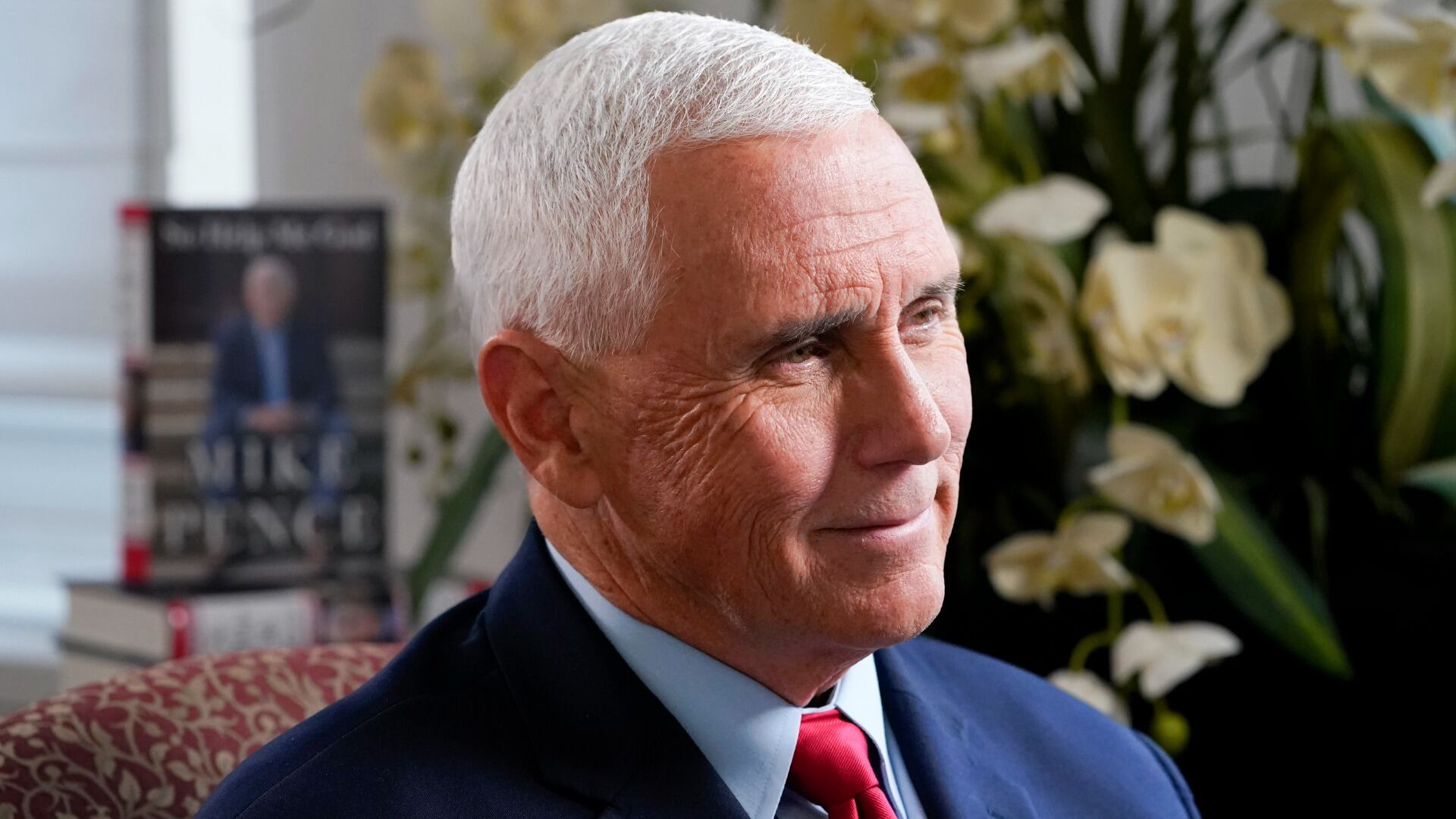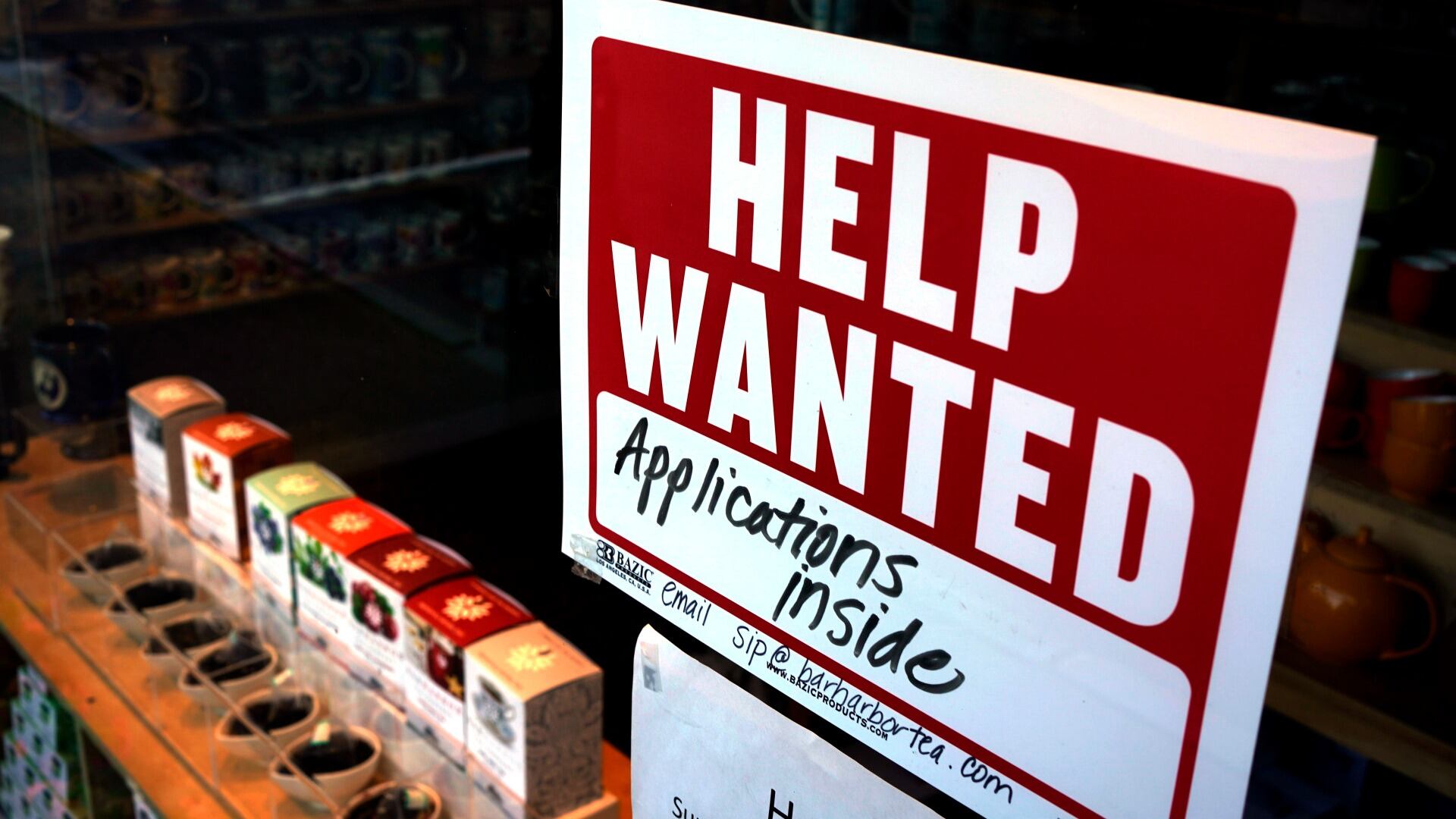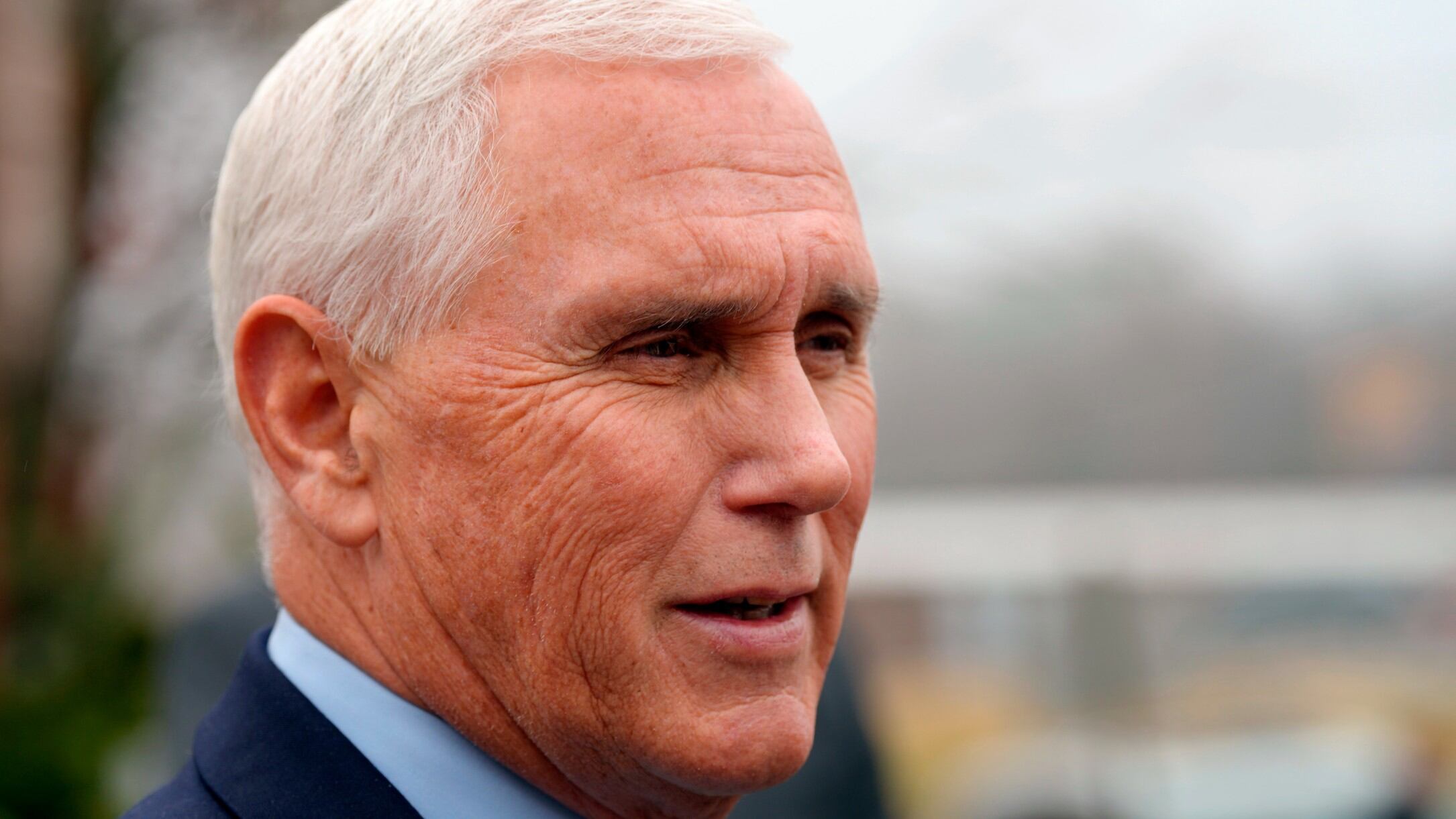By Amanda Seitz
Americans can order more free COVID-19 tests online for home delivery.
The U.S. government is offering to send another round of four at-home virus tests ahead of the typical surge in cases during the winter holiday season.
Anyone who did not order a batch of four COVID-19 tests in September can secure up to eight of them this time around starting Monday at COVIDtests.gov. The U.S. Postal Service will deliver them for free.
The government is mailing out the coronavirus tests as the flu season kicks off and a spike in RSV cases has been reported in some spots around the country. Hospitalizations for COVID-19, which has killed more than 1 million people in the United States, were on the rise this fall but have stayed steady in recent weeks. Immunity from previous vaccinations and infections has kept case counts lower compared with other years.
The new release of free COVID-19 nasal swab tests also comes ahead of the first winter since the pandemic started that insurers are no longer required to cover the cost of them. On average, at-home tests now cost $11 out of pocket, according to an analysis by the nonprofit health research firm KFF.
The Food and Drug Administration also approved updated COVID-19 vaccines in September in the hopes of revving up protection for Americans this winter. The shots target an omicron descendant named XBB.1.5, replacing older vaccines that targeted the original coronavirus strain and a much earlier omicron version. Shots are recommended for everyone age 6 months or older, but uptake has been slow.
U.S. taxpayers have spent tens of billions of dollars to develop COVID-19 tests, vaccines and treatments in the three years since the pandemic started.

